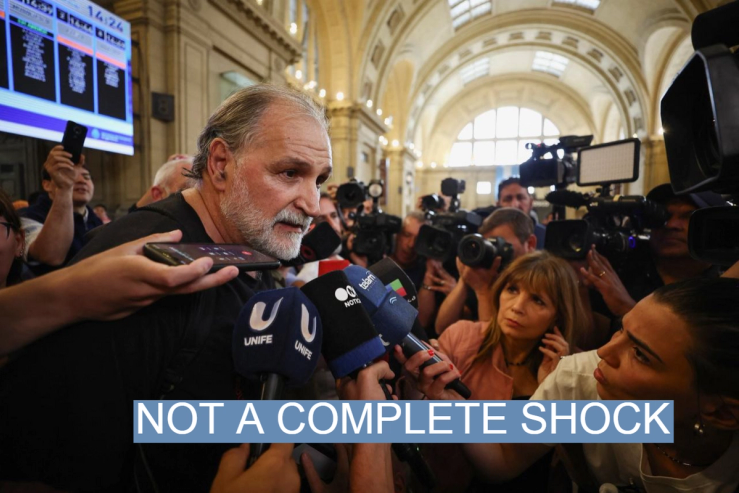The News
Thousands of Argentines are expected to protest on the streets of Buenos Aires Wednesday in the first major test for newly inaugurated President Javier Milei.
The demonstrators have expressed frustration over Milei’s “shock therapy” economic plan that devalued the peso by half in an effort to combat skyrocketing inflation. His plan was welcomed by the International Monetary Fund despite the government admitting that economic conditions in Argentina will likely deteriorate in the coming months before rebounding.
Milei promised to compensate for economic losses by increasing the value of government-issued food cards by 50% and doubling child benefits, but many protesters said these reforms are not enough. The government is expected to announce further privatization efforts to reduce government spending Wednesday evening. However, international observers remain optimistic about Argentina’s future prospects.
SIGNALS
Protests “clash” with right to circulate
The government has attempted to deter demonstrations by warning that protesters who block roads are at risk of completely losing their social benefits. Public announcements at train stations on Tuesday issued preemptive warnings across Buenos Aires. Notably, Argentina has a “right to circulate” or allow for free travel, meaning there is a “clash of two worlds” when protests interfere with traffic in Argentina. Milei’s critics suggested this was the first indication of his government silencing dissent, despite the new president toning down his authoritarian instincts in recent months. Social media users and activists this week shared screenshots of the Argentine constitution which “prohibits indirect restriction” against freedom of speech.
Residents worry about empty supermarket shelves amid rising prices
“The problem is not the price of the dollar, the problem is the price of food,” one reader wrote to La Nación, adding that Milei, like every leader, has promised to make basic commodities more affordable, but ultimately “we all fall in and never get up again.” The price of food is only expected to rise in the short-term as inflation increases because of Milei’s “shock therapy.” Supermarket chains are warning buyers that the government’s libertarian plan to get rid of price intervention will only incentivize food suppliers and producers to raise prices of already expensive products, meaning shelves could stay empty after the holidays as stores struggle to replenish supply. “This shelf is defending your pocket: supply is affected by excessive increases from the producer,” read one sign at an empty Buenos Aires grocery store, left-leaning newspaper Página 12 reported.
But outside observers say Milei is doing better than expected
Despite fierce domestic opposition, international observers remain optimistic about Milei’s economic intervention, foreign affairs columnist Andrés Oppenheimer wrote in the Miami Herald. Milei’s decision to join the Organization for Economic Co-operation and Development and to not leave the South American Mercosur trading bloc “sends an important message that Argentina is willing to adhere to the developed world’s norms,” Oppenheimer wrote. Milei is also likely to be a key figure at the Davos summit next month, with investors excited for a more business-friendly Latin American leader compared to his Mexican and Brazilian counterparts. Argentina is not yet out of the woods, Oppenheimer argued, but if the economic reforms prove successful, Milei “may change history in his country and, perhaps, in neighboring nations, as well.”



